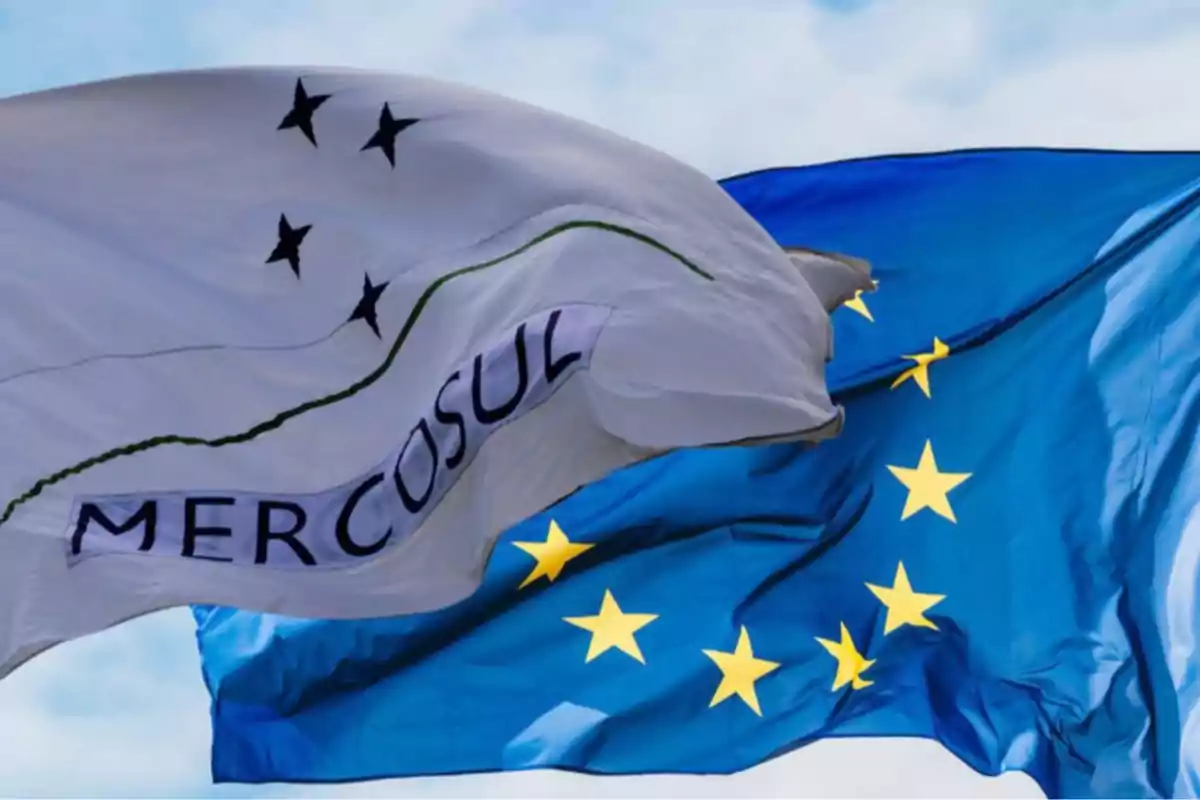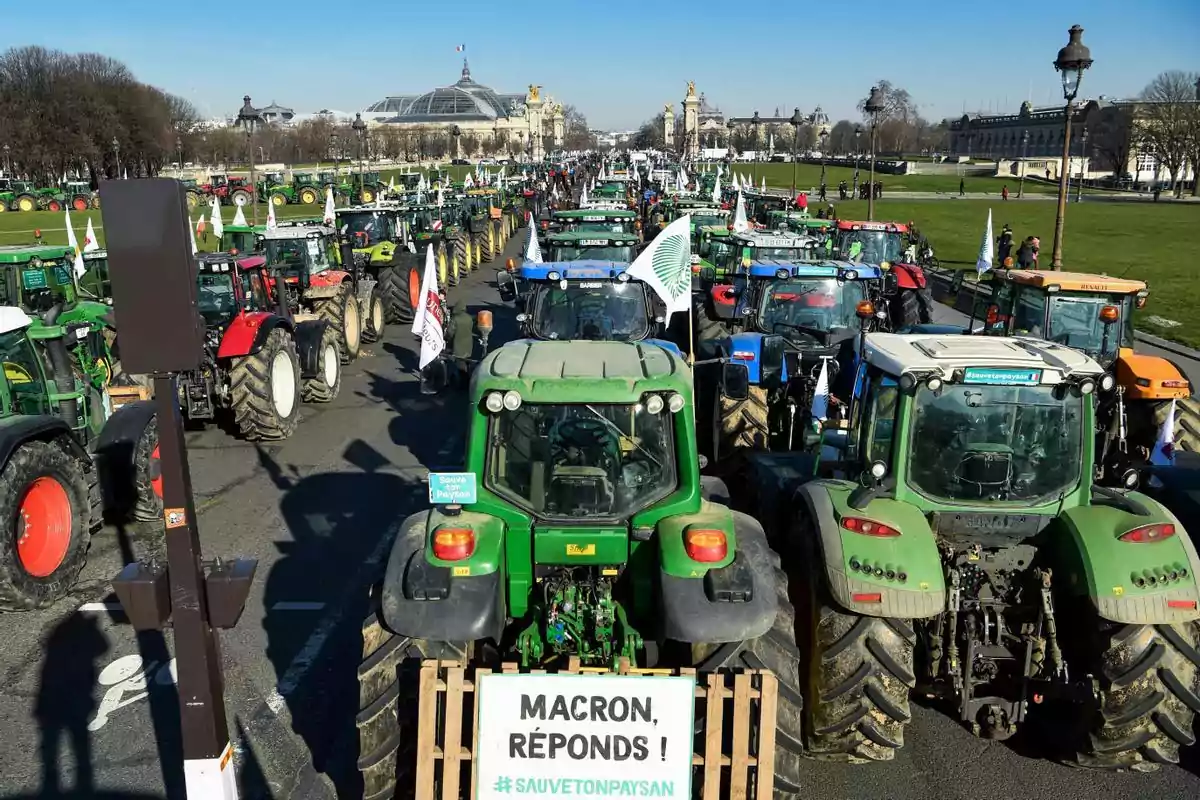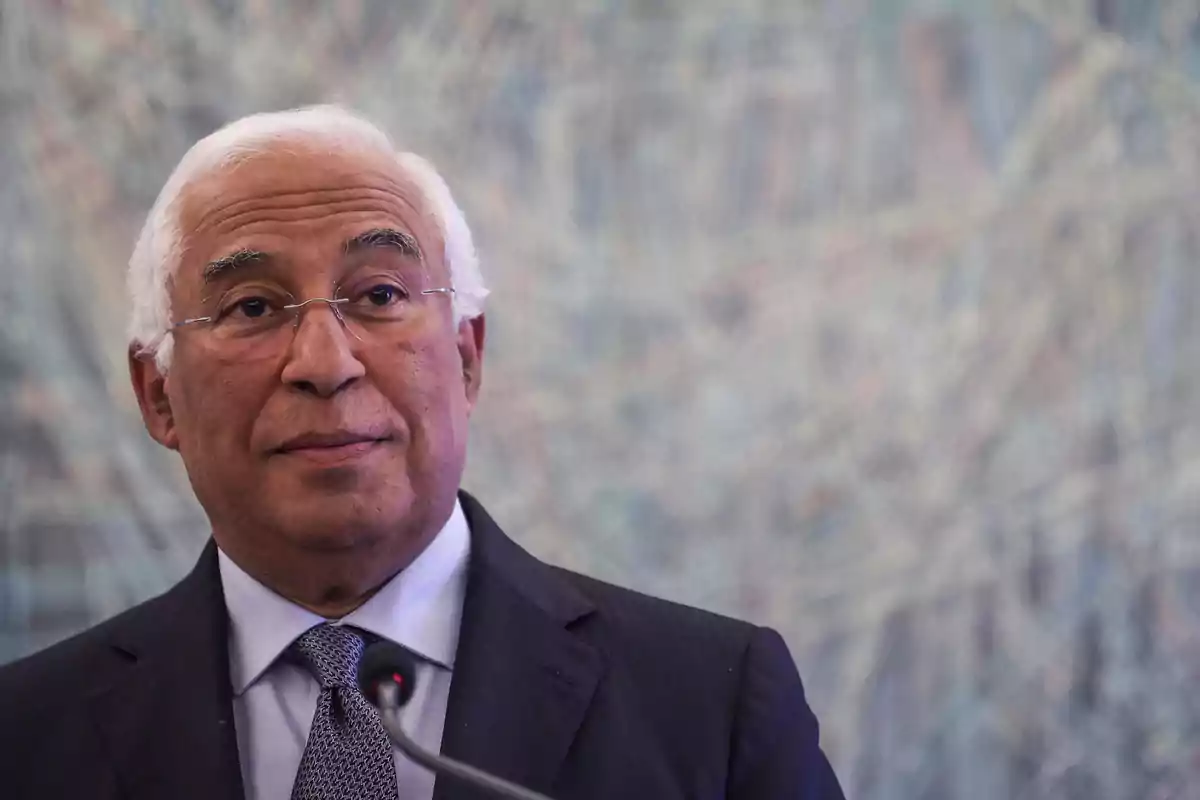
The President of the European Council urged signing the agreement with Mercosur this year.
António Costa defended the treaty as strategic and downplayed its impact on European agriculture
As part of a renewed push for its commercial policy, the president of the European Council, António Costa, called on the Member States of the European Union to finalize the signing of the agreement with Mercosur before the end of 2025.
The statement was made during an address before the European Parliament, where Costa defended the strategic benefits of the treaty and criticized objections based on perceptions rather than concrete data.
Costa emphasized that the treaty with Mercosur—composed of Brazil, Argentina, Paraguay, and Uruguay—would establish the largest free trade zone in the world, with a potential market exceeding700 million consumers. The former Portuguese prime minister stressed that the agreement will boost investment, strengthen key industries in Europe, and contribute to job creation. According to his words, "we must focus on the long-term benefits for Europe".

The European leader thus replied to the concerns raised by some countries in the bloc, particularly France, which, together with agricultural organizations, has expressed concern about the possible impact on the European agri-food sector.
Costa downplayed the effect of the anticipated imports, assuring that the beef quota provided for in the agreement represents only 1.6% of the EU's total production, a figure lower than the current import volumes from Mercosur. "This simply can't destroy European agriculture", he stated.
The president of the European Council also highlighted the bloc's active trade agenda, which includes negotiations with countries in Asia and the update of the agreement with Mexico. As he explained, "defining global economic standards, forging strong alliances, and fostering shared prosperity is of vital interest for Europe".

Costa emphasized that strengthening the international projection of the bloc requires a more active foreign policy, with greater diplomatic engagement in a global scenario marked by multipolarity.
In this regard, he mentioned the recent summits with strategic countries such as South Africa, Canada, United Kingdom, Moldova, and Central Asia, in addition to the scheduled meetings with Japan, China, Egypt, Latin America, and the African Union.
More posts: